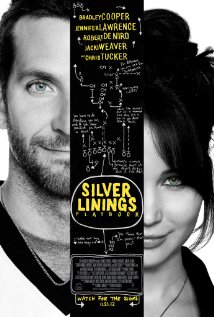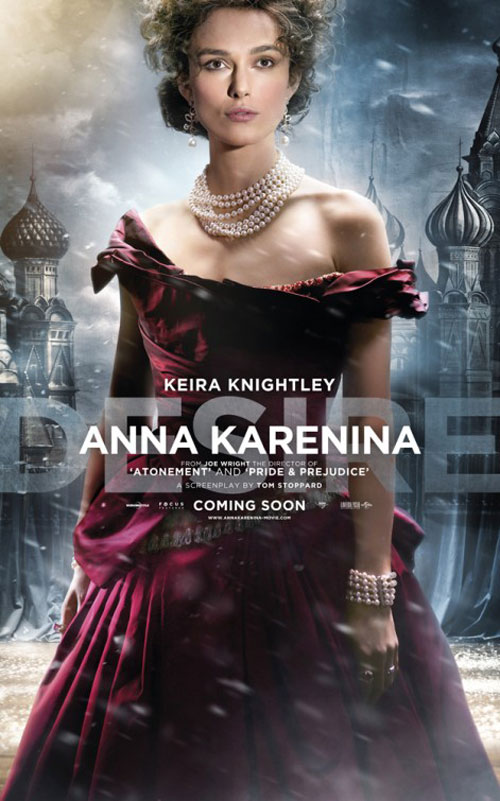
In my house, my fiance must say “I love the smell of napalm in the morning” at least once a week. It’s always referring to something guy-like, maybe not as guy-like as the infamous John Mayer quote, but it’s always in guy terms. When writer Simon Glassock proposed his idea for an Apocalypse Now article, I knew I’d immediately have a male audience. War movie, men hunting, men in their most primal state.
But after reading Glassock’s article, I realized there’s a lot more to Apocalypse Now (and Joseph Conrad’s novel Heart of Darkness, which the movie was based on) then just being a “guy” film. Glassock details the history of the film, including Marlon Brando’s diva-like behavior and Francis Ford Coppola’s struggles on set. Glassock also discusses the infamous water buffalo sacrifice scene and where the idea originated.
Literary Traveler: You write about the history of Apocalypse Now. But when you were in the Cambodian jungle, what was your visceral experience?
Simon Glassock: Being in a jungle, or in any wild place, makes me feel pleasantly empty and inconsequential. I say ‘pleasantly’ because it is not a negative sensation. I find being reminded that the natural world is oblivious to us quite refreshing and the jungle-encroached ruins of past civilisations such as those at Angkor are a striking example how small and transient we really are.
LT: Why do you think Apocalypse Now resonates with a male audience (more so than with a female audience)?
SG: I hadn’t thought about the film specifically in gender terms but now that you prompt me I think it may partly be because there are no females in it. Apocalypse Now shows how a flawed man can be the agent of his own redemption. It also presents a homosocial (not homosexual) world in which men form relationships that can be, are permitted to be, perhaps because of the proximity of death, close and intimate in a way that men seldom experience. War films often suggest a sense of belonging, purpose and even moral growth which can elude men in civilian society.
LT: Do you think with current animal rights restrictions, would the water buffalo scene still have been done if filmed today?
SG: It is worth reiterating that the water buffalo sacrifice was a cultural event that was recorded and incorporated in the film rather than a scripted scene. I strongly suspect that liberal intolerance of substantive difference and the threat of real violence from some quarters would prevent the scene from being included today. Respect for diversity and multi-culturalism, anyone?
Please continue reading Apocalypse Now, A Film History & the Sacrificial Water Buffalo.


